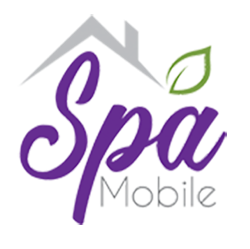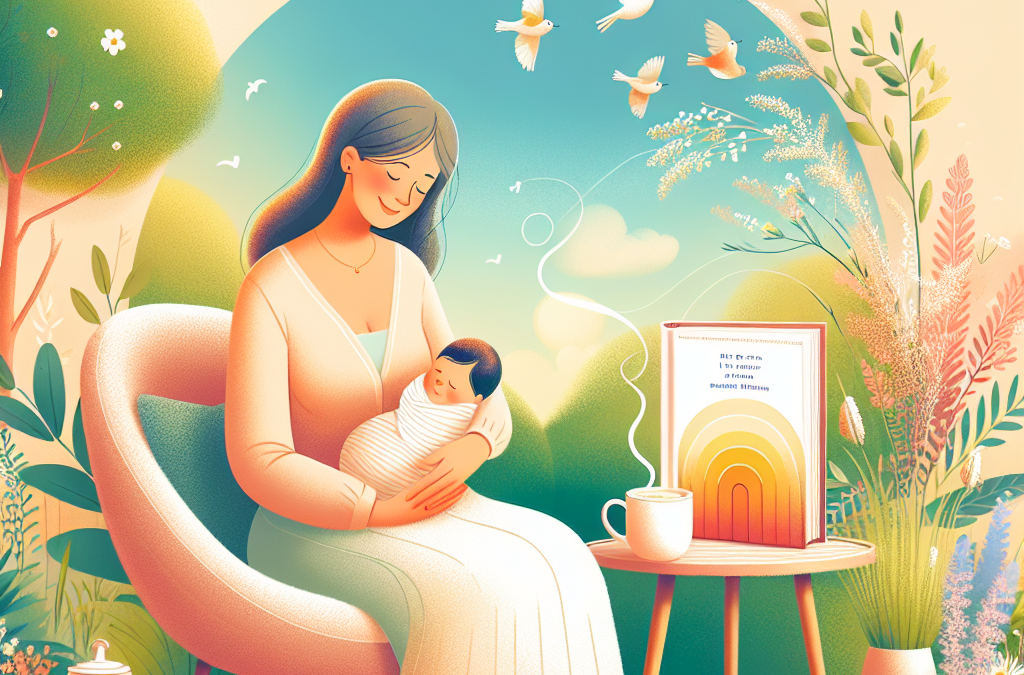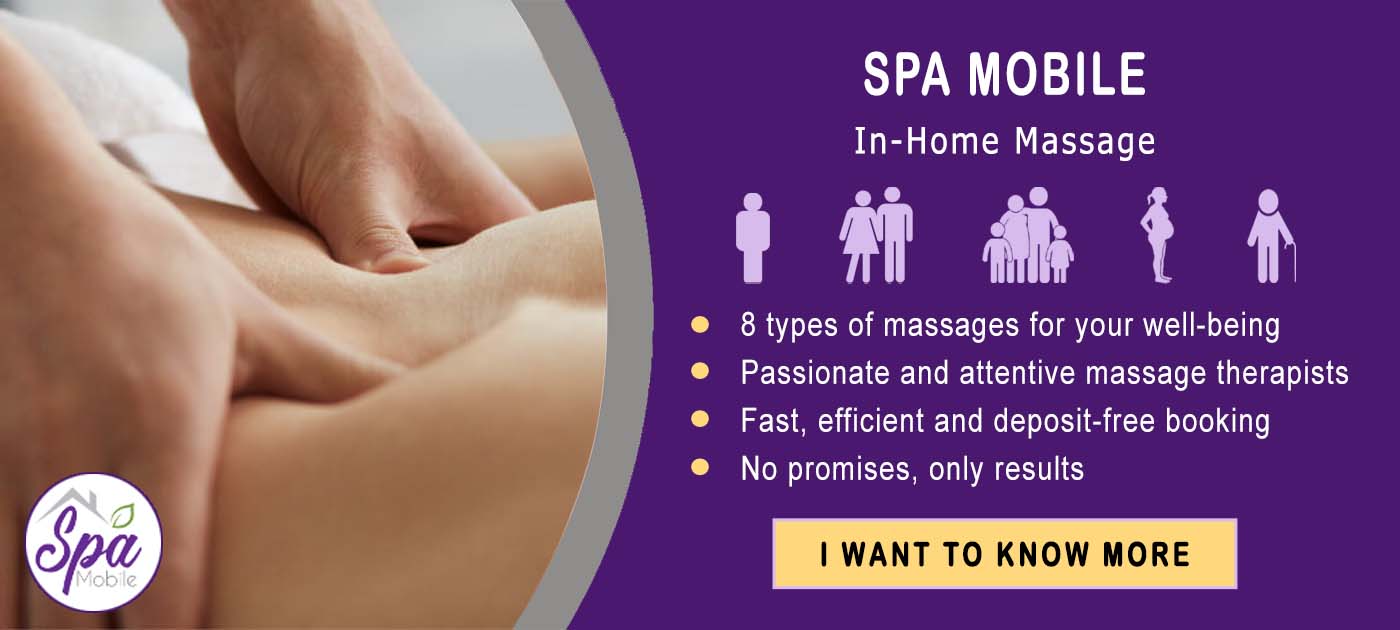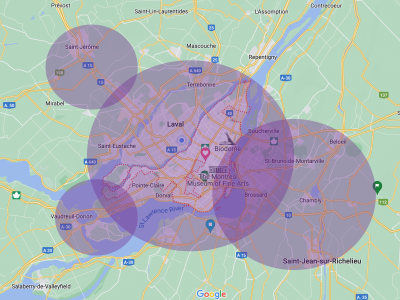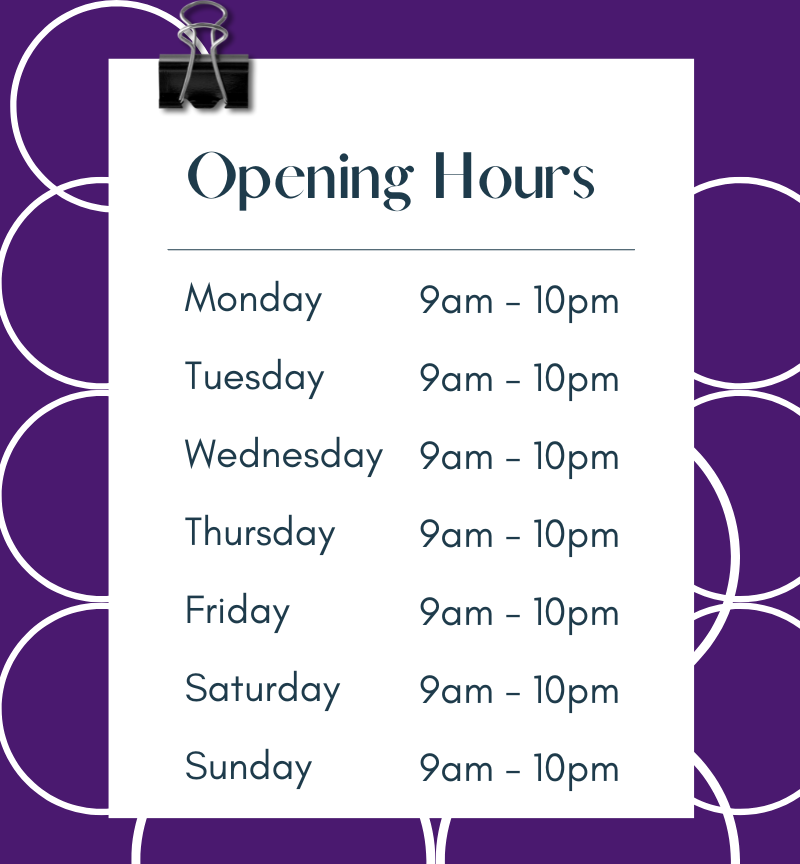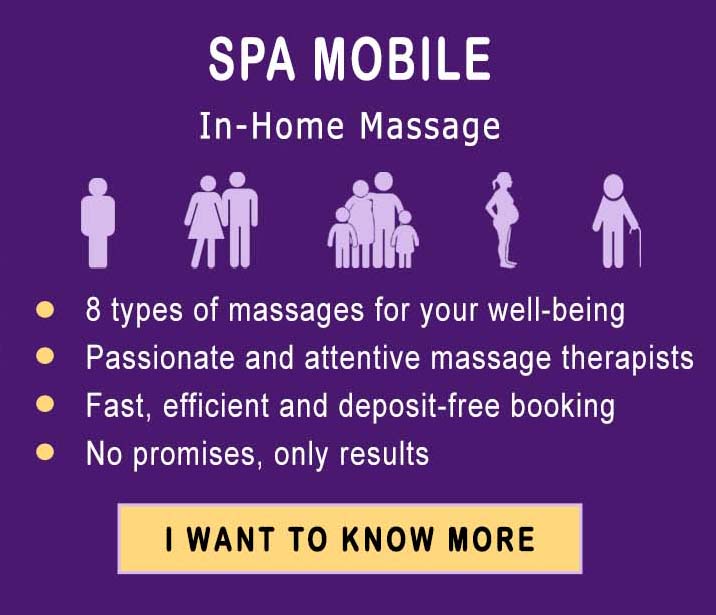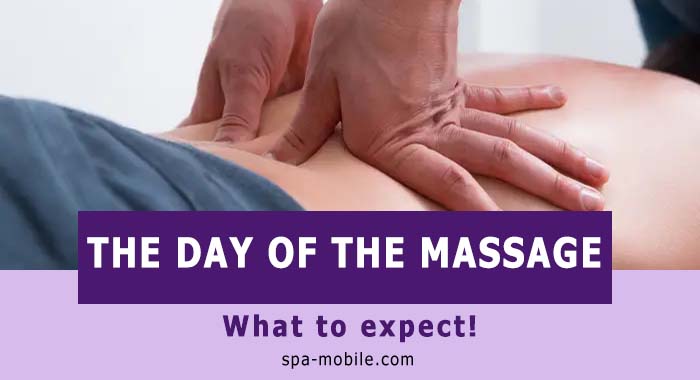Introduction
Postpartum stress and anxiety are common feelings experienced by many new mothers. It’s normal to feel overwhelmed, anxious, or stressed after giving birth, as hormonal changes, lack of sleep, and new responsibilities can take a toll on your mental health. However, seeking help and finding healthy ways to cope with these feelings is important. In this article, we will discuss 10 practical ways to relieve postpartum stress and anxiety.
1. Take Care of Yourself
One of the most important things you can do to relieve postpartum stress and anxiety is to take care of yourself. This means getting enough rest, eating well, and exercising regularly. Make sure to prioritize self-care and do things that make you feel good, whether taking a hot bath, walking, or practicing yoga.
2. Talk to Someone
Don’t hesitate to ask for help and talk to someone about your feelings. This could be a friend, family member, therapist, or support group. Sharing your thoughts and emotions can help you feel less alone and provide you with the support you need to cope with postpartum stress and anxiety.
3. Get Outside
Spending time outdoors and getting fresh air can positively impact your mental health. Take your baby for a walk in the park, sit in the sun for a few minutes, or hike. Moving your body and being in nature can help reduce stress and anxiety.
4. Practice Mindfulness
Practicing mindfulness can help you manage your thoughts and emotions more effectively. Take a few minutes daily to meditate, practice deep breathing exercises, or focus on the present moment. Mindfulness can help calm your mind and reduce feelings of anxiety and stress.
5. Limit Social Media and News Consumption
It’s easy to feel overwhelmed by social media and news during the postpartum period. Limit your exposure to these sources of information, as they can increase feelings of anxiety and stress. Instead, focus on positive and uplifting content that can help improve your mood.
6. Create a Support System
Having a solid support system can make a big difference in how you cope with postpartum stress and anxiety. Reach out to friends, family, or other new mothers who can provide emotional support, practical help, and guidance. Don’t be afraid to ask for help when you need it.
7. Practice Gratitude
Gratitude can help shift your focus from negative thoughts to positive ones. Take a few minutes each day to think about things you’re grateful for- your baby’s smile, a supportive partner, or a warm meal. Practicing gratitude can help improve your mood and reduce stress.
8. Get Professional Help
If you’re struggling to cope with postpartum stress and anxiety on your own, don’t hesitate to seek professional help. A therapist or counsellor can provide the tools and strategies you need to manage your feelings and improve your mental health. Therapy can be a valuable resource for new mothers experiencing postpartum stress and anxiety.
9. Stay Active
Regular physical activity can help reduce stress and anxiety levels. Find an exercise routine that works for you, whether running, practicing yoga, or joining a fitness class. Staying active can help boost your mood, increase your energy levels, and improve your overall well-being.
10. Be Gentle with Yourself
Above all, be gentle with yourself during the postpartum period. Feeling overwhelmed, anxious, or stressed is okay, and it’s essential to permit yourself to experience these emotions. Treat yourself with kindness and compassion, and remember you’re doing your best as a new mother.
Conclusion
Postpartum stress and anxiety are everyday experiences for many new mothers, but there are effective ways to cope with these feelings. By taking care of yourself, talking to someone, getting outside, practicing mindfulness, limiting social media and news consumption, creating a support system, practicing gratitude, getting professional help, staying active, and being gentle with yourself, you can improve your mental health and well-being during the postpartum period. Remember that it’s okay to seek help and prioritize your mental health as you navigate the challenges of motherhood.
